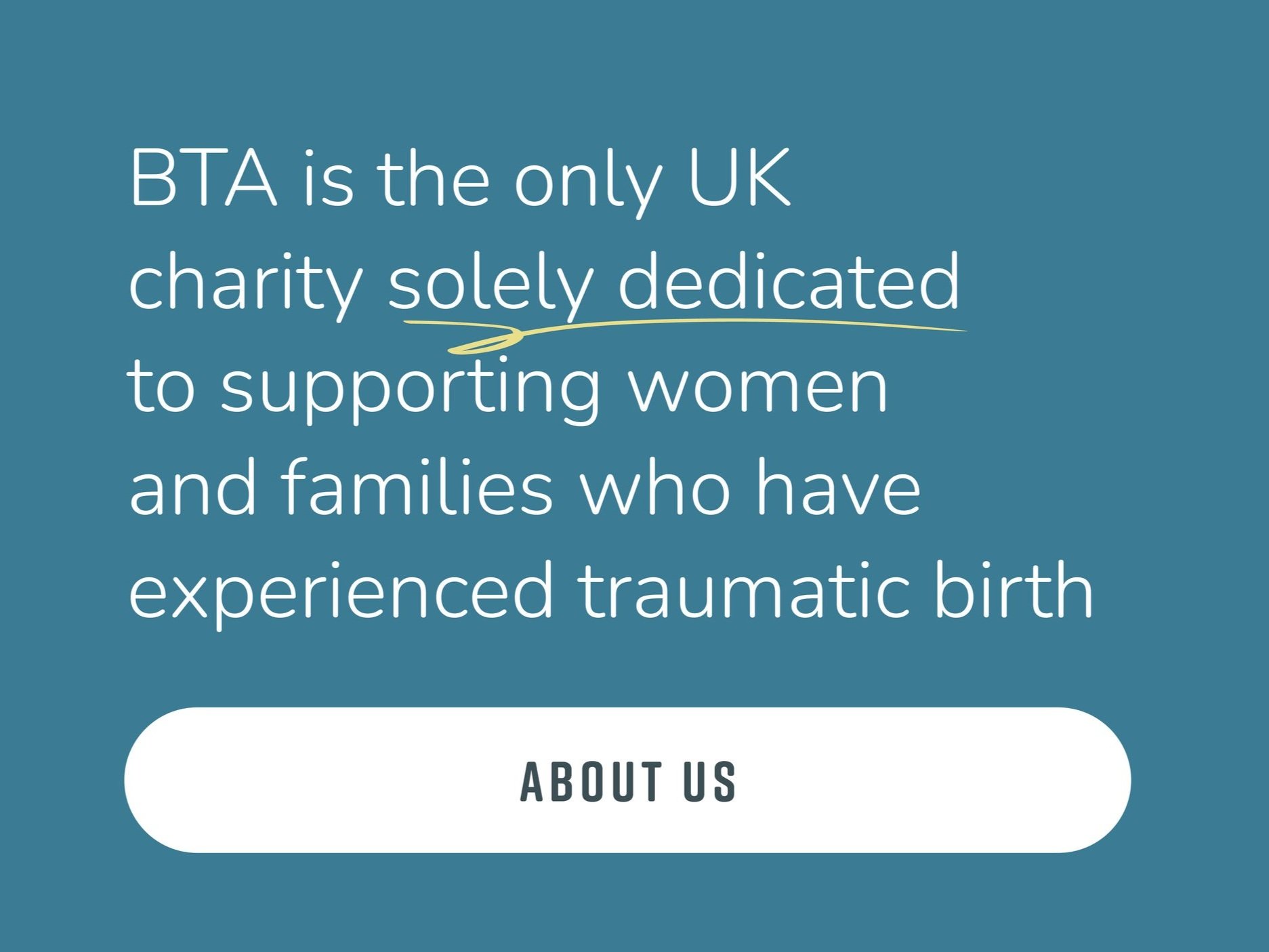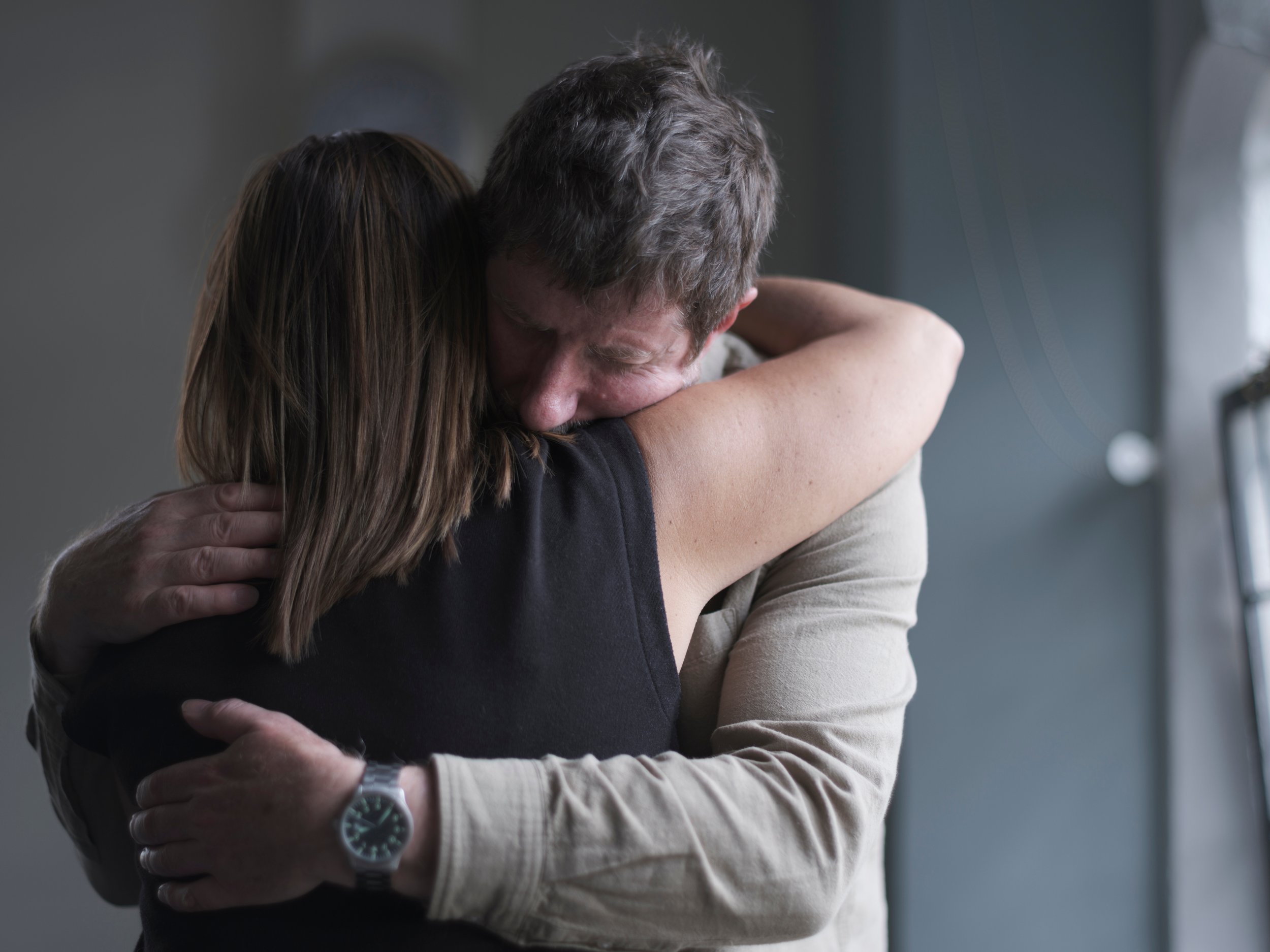Press release: Leading birth trauma charity welcomes NHS 10-year plan
3 July 2025
Press release: Leading birth trauma charity welcomes NHS 10-year plan
The Birth Trauma Association is pleased to see that the 10-year plan for the NHS in England, launched today, includes a commitment to improving maternity services.
Some elements of the plan for maternity, such as the national review and the introduction of a maternity taskforce, have already been announced. However, we also welcome the government’s aim of rolling out a single patient record in maternity first, so that maternity teams have all the information they need, including a woman’s medical history and her preferences for birth. Too often women tell us that their carers are unaware of important aspects of their history, and that they have to repeat their story over and over again. Kim Thomas, CEO of the Birth Trauma Association, said: “The use of the SPR should result in maternity professionals having much better information at their fingertips about the woman they’re caring for and if implemented effectively, it should lead to better outcomes.”
We’re also pleased to see the adoption of patient reported outcome measures (PROMs), measuring the impact of care from the patient’s perspective. Very often what clinicians see as a positive outcome – measured solely as a live mother and a live baby – is experienced negatively by a mother who may have been left with birth injuries, who may have felt distressed or frightened during labour, and who may have PTSD or other devastating psychological symptoms as a result. The collection of PROMs will, we hope, lead to an understanding of which trusts are providing good maternity care for women, and which need to improve.
The new Maternity Outcomes Signal System (MOSS), developed as a result of recommendations by Bill Kirkup, will use near-real time data to indicate higher than expected rates of stillbirth, neonatal death and brain injury. This will enable underperforming maternity units to be identified more quickly so that failings can be acted on. “For too long, regulators have been slow to identify poorly-performing maternity units, with the result that babies are dying or experiencing brain injuries unnecessarily,” Dr Thomas said.
Finally, we welcome the use of the My Specialist tool to enable patients to self-refer to specialists. Too often we hear from mothers who fail to access the specialist support they need. Women with physical birth injuries often require treatment from a physiotherapist, or a urogynaecologist or a colorectal surgeon, but find their GP is unwilling to refer them. Women are already able to self-refer to NHS Talking Therapies, and this will continue, but demand is high, waiting lists are long and we would have liked to have seen more investment in vital mental health support.
Taken together, we believe that all these measures have the potential to improve maternity care and to bring down the numbers of mothers and babies dying or being harmed.
/Ends
Further information
For more information, contact Dr Kim Thomas at kim@birthtraumaassociation.org or 07779 275032
The Birth Trauma Association, founded in 2004, is a charity supporting women with symptoms of PTSD after birth. You can find our website at www.birthtraumaassociation.org.uk
Follow us on Twitter at @BirthTrauma, on Facebook at Birth Trauma Association – UK and on Instagram at birth_trauma_association_uk.







